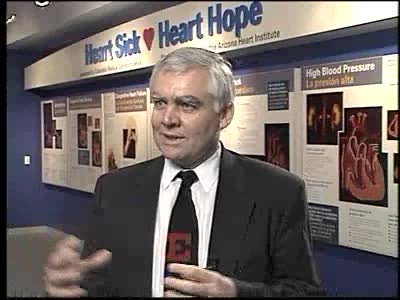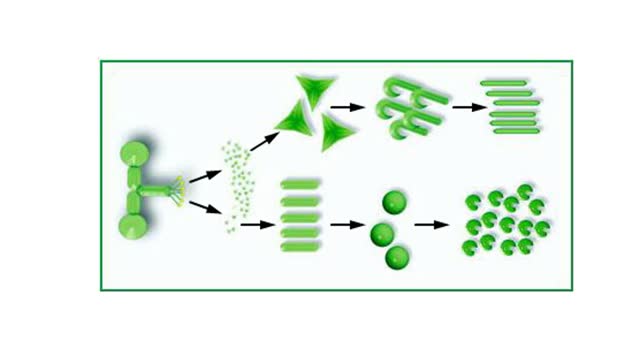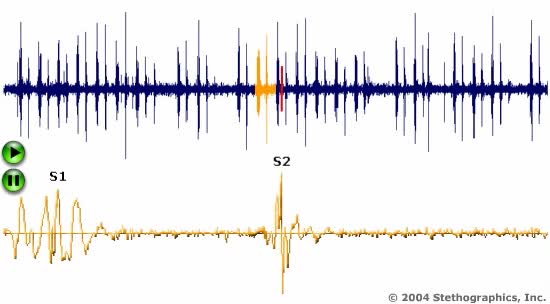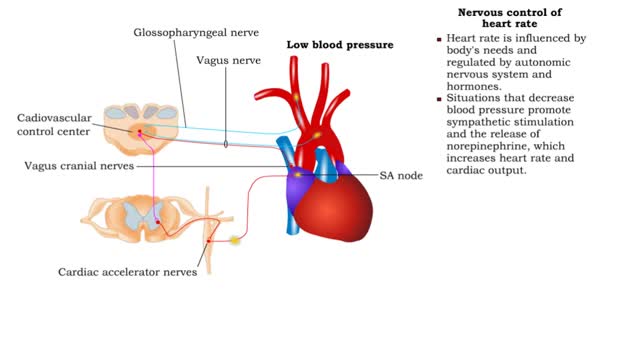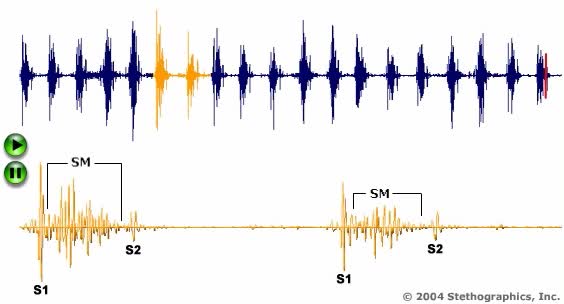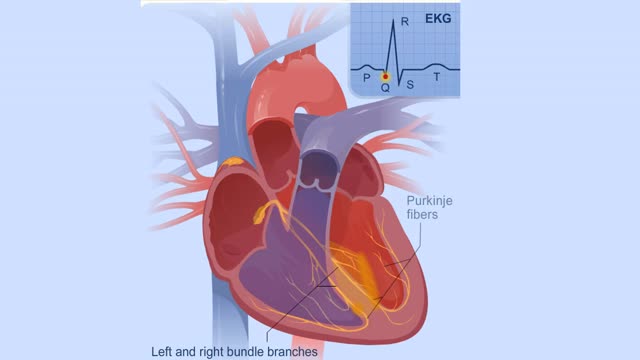Search Results
Results for: 'Heart attack'
By: Administrator, Views: 9848
A heart attack occurs when an artery supplying your heart with blood and oxygen becomes blocked. Fatty deposits build up over time, forming plaques in your heart's arteries. If a plaque ruptures, a blood clot can form and block your arteries, causing a heart attack.
By: Administrator, Views: 9809
Coronary heart disease accounted for 23.5 percent of all deaths in the U.S. in 2008. According to the Centers for Disease Control and Prevention (CDC), about 735,000 Americans have a heart attack each year. Warning signs and symptoms include chest pain or discomfort and shortness of breath. Ex...
By: HWC, Views: 3461
Formation of membrane attack complexes. Complement proteins can activate when they bind to antibodies that are bound to a pathogen. Complement proteins also activate when they bind directly to bacterial surfaces. Cascading reactions yield huge numbers of different types of complement protei...
Interview with Person who has Panic Attacks
By: Administrator, Views: 9669
Panic attacks are sudden periods of intense fear that may include palpitations, sweating, shaking, shortness of breath, numbness, or a feeling that something bad is going to happen. The maximum degree of symptoms occurs within minutes. Typically they last for about 30 minutes but the duration can...
By: Administrator, Views: 9503
Everything you need to know about your heart
By: Administrator, Views: 721
An electrocardiogram (ECG, EKG) is a commonly used procedure in which the electrical events associated with the beating of the heart are evaluated. (A) Skin electrodes are applied to the chest wall, which send electrical signals to a computer that interprets the signals into graph form. An ele...
By: HWC, Views: 6749
• Heart rate is determined by the rate of depolarizations of the sinoatrial (SA) node. • Cardiac output is directly proportional to heart rate, the greater the heart rate the greater the cardiac output. • Changes in heart rate are associated with exercise, stress or injury. Nervous ...
By: Administrator, Views: 358
An electrocardiogram (ECG, EKG) is a commonly used procedure in which the electrical events associated with the beating of the heart are evaluated. (A) Skin electrodes are applied to the chest wall, which send electrical signals to a computer that interprets the signals into graph form.
Electrical Conduction System of the Heart
By: HWC, Views: 5653
Your heart is a muscle that works continuously, much like a pump. Each beat of your heart is set in motion by an electrical signal from within your heart muscle. The electrical activity is recorded by an electrocardiogram. known as an EKG or ECG. Each beat of your heart begins with an electric...
Advertisement




